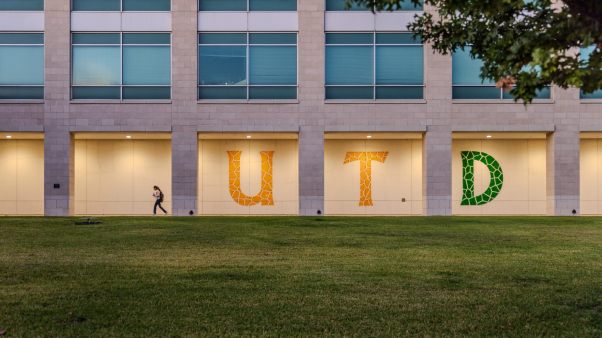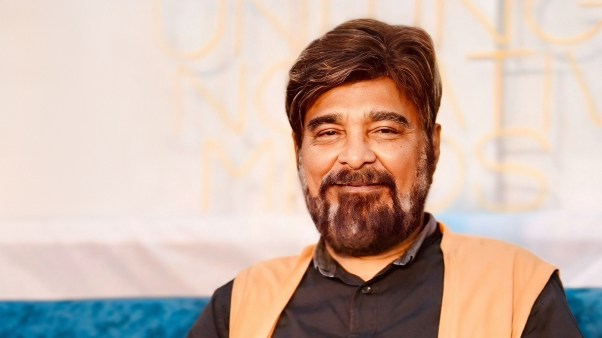Several thousand members have left the Independence, Missouri-based Reorganized Church of Jesus Christ of Latter Day Saints (RLDS) due to recent steps taken to become more ecumenical and theologically moderate.
After the death of founder Joseph Smith in 1844, most Latter-day Saints (Mormons) followed Brigham Young to Utah, where their descendants have experienced strong growth (CT, June 15, 1998, p. 25). But more than 200 splinter groups claim the right to prophetic leadership, with the 250,000-member RLDS being the largest offshoot.
Jim Cable, RLDS communications director, says thousands of members have quit attending over issues such as presidential succession, more open Communion, and especially ordination of women. Rather than formally withdrawing their membership, however, Cable says former attendees have started their own congregations, which they believe have retained Smith’s original intention. Those spinoffs have names such as the Restoration Church of Jesus Christ of Latter Day Saints and the Church of Jesus Christ Center Branch Restoration.
The 1996 appointment of W. Grant McMurray marked the first time since the RLDS organized in 1860—when Smith’s son was old enough to become leader—that a descendant had not led the church. Smith’s great-grandson, Wallace B. Smith—who had no male heir—chose McMurray as his successor. McMurray earned his master of divinity degree at a United Methodist seminary. In an effort to increase membership, the RLDS has abandoned language that defined the church as the truest reflection of Smith’s vision. The RLDS, with its more Trinitarian theology, no longer emphasizes beliefs that make it distinct from Protestants. “When you go into a Buddhist culture, a Hindu culture, or a tribal African culture, they don’t care two hoots how you differ from a Lutheran,” says McMurray, 51.
The RLDS church began ordaining women in 1984 and now has more than 5,000 women among its 19,000 ordained leaders. In April, the RLDS World Conference approved appointing two women to the church’s Council of Twelve Apostles. The Mormon church has only male leadership, from the local to national levels.
The RLDS has also joined mainline Protestants in discussing the place of homosexuals in local congregations. McMurray broached that volatile subject for the first time in April. RLDS ministers are free to function at meetings with the church’s homosexual and lesbian caucus.
In spite of the doctrinal shifts, RLDS doctrine remains founded on the Book of Mormon and Smith’s Doctrine and Covenants. McMurray also says the RLDS is committed to an “open canon of Scripture,” which is consistent with Smith’s teaching.
Copyright © 1998 Christianity Today. Click for reprint information.










